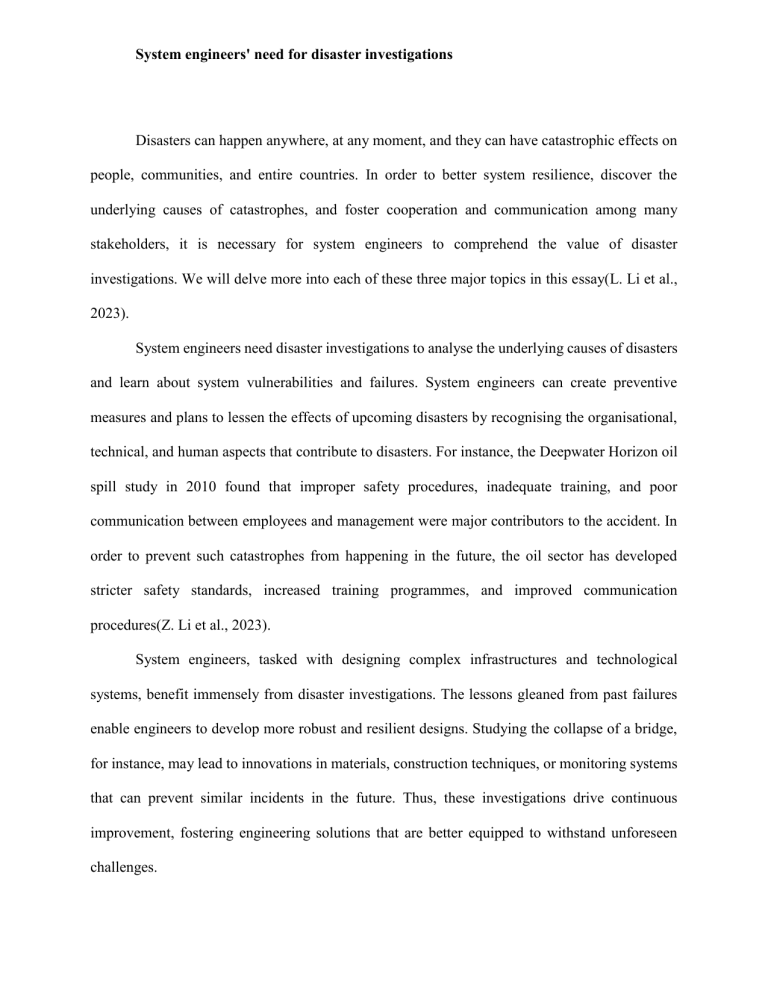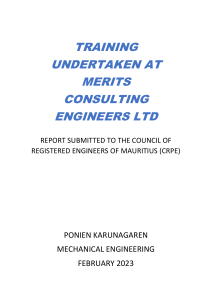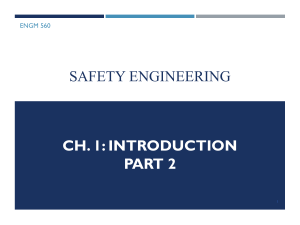
System engineers' need for disaster investigations Disasters can happen anywhere, at any moment, and they can have catastrophic effects on people, communities, and entire countries. In order to better system resilience, discover the underlying causes of catastrophes, and foster cooperation and communication among many stakeholders, it is necessary for system engineers to comprehend the value of disaster investigations. We will delve more into each of these three major topics in this essay(L. Li et al., 2023). System engineers need disaster investigations to analyse the underlying causes of disasters and learn about system vulnerabilities and failures. System engineers can create preventive measures and plans to lessen the effects of upcoming disasters by recognising the organisational, technical, and human aspects that contribute to disasters. For instance, the Deepwater Horizon oil spill study in 2010 found that improper safety procedures, inadequate training, and poor communication between employees and management were major contributors to the accident. In order to prevent such catastrophes from happening in the future, the oil sector has developed stricter safety standards, increased training programmes, and improved communication procedures(Z. Li et al., 2023). System engineers, tasked with designing complex infrastructures and technological systems, benefit immensely from disaster investigations. The lessons gleaned from past failures enable engineers to develop more robust and resilient designs. Studying the collapse of a bridge, for instance, may lead to innovations in materials, construction techniques, or monitoring systems that can prevent similar incidents in the future. Thus, these investigations drive continuous improvement, fostering engineering solutions that are better equipped to withstand unforeseen challenges. RUNNING HEAD TITLE (SHORTENED) 2 The findings of disaster investigations often contribute to the development and revision of engineering regulations and industry standards. Government agencies and professional organizations use these insights to establish guidelines that ensure the safety and reliability of engineered systems. As system engineers implement these regulations in their designs, they contribute to the establishment of a consistent and high-quality engineering framework that prioritizes public welfare(Knowles, 2014). The importance of disaster investigations for system engineers cannot be overstated. These investigations not only unravel the mysteries behind catastrophic events but also serve as profound learning opportunities. By understanding root causes, improving system designs, enhancing risk assessment, informing regulations, fostering interdisciplinary collaboration, and catalyzing a learning culture, system engineers ensure that past mistakes serve as stepping stones toward a safer, more resilient future. The lessons gained from disaster investigations are not confined to the engineering realm; they resonate across industries and society at large, shaping a world that is better prepared to face unforeseen challenges. References: Knowles, S. (2014). Engineering risk and disaster: Disaster-STS and the American history of technology. Engineering Studies, 6(3), 227-248. Li, L., Wang, Y., & Cui, Q. (2023). Exploring the Potential of Social Media Data to Support the Investigation of a Man-Made Disaster: What Caused the Notre Dame Fire. Journal of Management in Engineering, 39(5), 04023028. Li, Z., Li, J., Fan, P., Wang, D., Gao, L., Xiong, Z., & Wang, M. (2023). Experimental Investigation on Engineering Disaster Simulation of Deep Buried Cavern Under Impact Load. Rock Mechanics and Rock Engineering, 56(2), 1451-1465.




